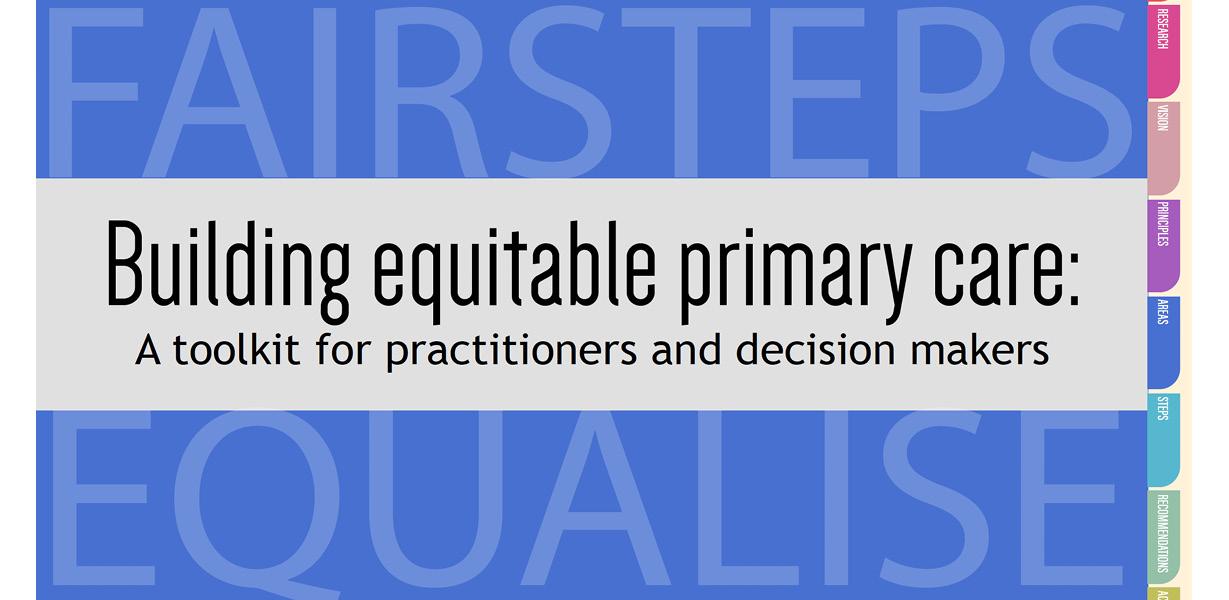
Interactive toolkit to support policymakers and practitioners translate research into action
July 2023
Addressing inequalities in primary care is crucial for achieving equitable and high-quality healthcare for all. Primary care serves as the foundation of the healthcare system, being the first point of contact for most people seeking help. However, inequalities in access to primary care services can perpetuate health inequalities. By addressing these inequalities, we can ensure that everyone, regardless of their socioeconomic status, race, gender, or geographic location, has equal access to comprehensive and timely primary care.
For too long we have spent time describing the problem, rather than finding solutions and creating a positive vision of equitable primary care.
Two separate academic groups from the University of Cambridge and the University of Sheffield, have independently looked at what works to address inequalities in and through primary care.
This interactive toolkit brings together these two studies to describe what equitable primary care looks like and provide practical steps to help local decision makers address inequalities in health and healthcare.
EQUALISE study
Based on an 18-month review of published research, the EQUALISE study identified 5 guiding principles which mark equitable general practice:
- Connected: Interventions and services should be understood, designed, and delivered as connected components of coordinated action against health inequalities.
- Intersectional: Care should adopt an intersectional perspective to account for the different impact of services and interventions among patients according to their circumstances and experience of (multiple) disadvantage.
- Flexible: Care delivery should be flexible enough to make allowances for different patient needs and preferences in terms of time, accessible communication, location, and provided support.
- Inclusive: We need to cultivate an organisational culture that is less western-centric and normative to ensure that people are not excluded due to wrong assumptions about who they are, what they need, and how they ‘should’ behave.
- Community-centred: Everybody involved in care should have a say in how it is conceived, (re)designed, and delivered including clinical and non-clinical members of staff, patients, and their networks.
The EQUALISE study has been published in the Lancet Public Health journal and can be accessed here.
FAIRSTEPS study
The FAIRSTEPS study provides an evidence-informed framework to guide the commission, design and delivery of interventions in primary care to address health inequities involving four steps.
- STEP 1- Define the group(s) experiencing inequity (may be more than one group; sensitive to local context and information about population)
- STEP 2- Consider the issues (access and engagement; structures and processes of care; patient experiences; staff training and development)
- STEP 3- Ensure key ingredients are included (how and why will it work; what principles need prioritising for it to be transformative)
- STEP 4- Co-design the intervention (involve service users, ensure sensitivity to local context & resources, establish responsibilities, plan evaluation)
In addition, it provides a set of practical examples, prioritised by practitioners and patients of interventions that have been tried and tested.
More information about FAIRSTEPS can be found here.

